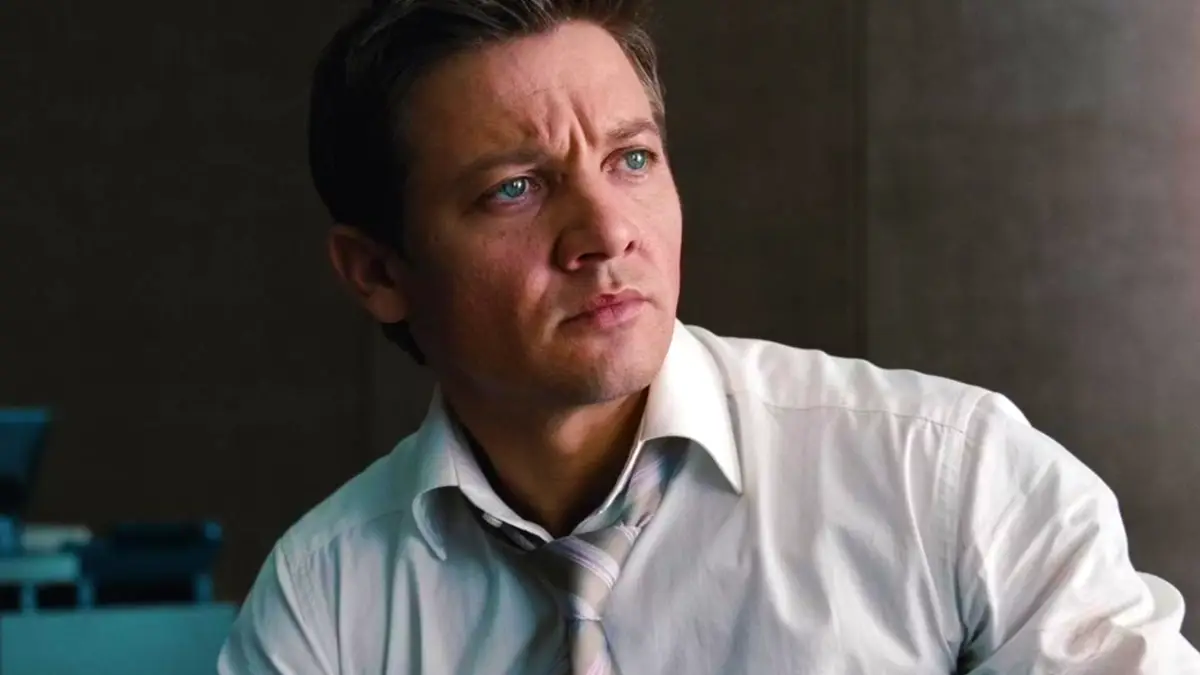Copyright Screen Rant

Whenever a long-running movie franchise enjoys consistent box office success, one of two things typically happens. The franchise in question either evades critical acclaim entirely, proving popular with audiences but never quite managing to win over critics, or the series starts off strong before gradually declining in quality with each passing installment. Very rarely does a movie franchise begin somewhere between "average" and "good," then transition toward true greatness over the course of several movies. Sequels traditionally result in diminishing returns; this is the exact opposite, and the best example of such a rare phenomenon belongs to an IP that has, across almost three decades, turned into a cinematic powerhouse. The First Mission: Impossible Movie Is Good, But Never Great Mention the Mission: Impossible brand to anyone in 2025, and their mind will immediately leap to Tom Cruise running as intensely as any human can run. They'll be imagining an ever-present bastion of cinema that has embedded itself deeply into pop culture, and shone as an undeniable symbol of the theatrical experience. As such, it's easy to overlook the fact that Mission: Impossible's first three movies were nothing special. As the entry that started it all, 1996's Mission: Impossible was by no stretch of the imagination a bad movie. It's a thoroughly enjoyable espionage caper with an intriguing conceit, some truly great sequences (the Langley heist being the most obvious), and action that still holds up today. But Tom Cruise's first mission under the guise of Ethan Hunt turned out far from great. Hunt himself felt poorly defined beyond the basic "betrayed spy" archetype, and only Ving Rhames' Luther stood out from the supporting players, and then only via sheer force of charisma. Mission: Impossible's plot was equal parts unambitious and nonsensical, but the real problem could be found in the tone. Brian De Palma got caught between modernizing the original Mission: Impossible TV show and doing his version of a Timothy Dalton Bond movie. This was not a film that looked like the beginning of a $4.7 billion behemoth (via TheNumbers). After A Poor Sequel, Mission: Impossible 3 Became The Franchise's Prototype Unlike its predecessor, Mission: Impossible II is not an easy movie to enjoy. Admittedly, Tom Cruise eased into his role a little more and the sequel deserves credit for attempting to fully abandon the TV show's tone, but the execution was all wrong. Mission: Impossible II banked hard on a chemistry between Cruise and Thandiwe Newton that simply didn't exist, while Newton herself waded through some of the most painful dialogue in the franchise. Compared to the first movie, the team dynamic felt weaker, the story made less sense, and Ethan Hunt's abrupt transformation into a martial arts hero proved jarring. Director John Woo's status as a legend of the action genre was already assured, but his distinctive style rubbed awkwardly against a movie that was built for something quite different. With J.J. Abrams on board, Mission: Impossible III was where the ship began to steady. A vast improvement on the second movie, Abrams leaned more heavily into the bombastic action elements, but crucially made room for the ensemble to shine. Not only were the likes of Julia (Michelle Monaghan), Benji (Simon Pegg) and Zhen Lei (Maggie Q) massive upgrades on Hunt's previous allies, but Philip Seymour Hoffman gave Mission: Impossible its greatest villain to that point. By promising an adrenaline rush better than anything else on the big screen and the prospect of proper characterization, with heroes audiences could get emotionally invested in, Mission: Impossible III provided the rough prototype for all entries to come. Mission: Impossible - Ghost Protocol then took those ingredients and perfected them. A new chapter for Ethan Hunt was written, as missions became more interconnected (the first three movies share very little continuity), the list of recurring characters grew, and Cruise's ambitious stunts became a focal selling point. The film industry is a cutthroat arena where judgments are made quickly, but even the most patient viewer would have been forgiven for writing off Mission: Impossible's critical credentials after that initial trio of releases. Ethan Hunt and the gang are living proof that it's never too late for a movie franchise to turn opinion in its favor. Sources: The Numbers



